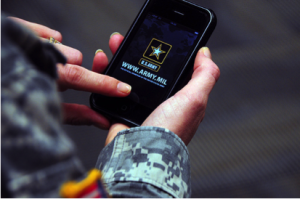
The charge comes after the investigation, so the need for an attorneys kicks in sooner than that.
When you’re under investigation, keep your mouth shut. Don’t reply to texts that come out of the blue asking questions about the situation. Know that calls and texts might be recorded, and might be scripted by investigators. Conversations with friends, family, girlfriends, boyfriends – these aren’t privileged. In other words, it’s better to be paranoid than careless.
The government can turn any of those people into witnesses against you. And polygraphs are bogus. An offer of a polygraph examination is just another excuse to interrogate you. A polygraph exam is followed immediately by an interrogation, which the interrogator begins by telling you that you failed the examination. While the results of a polygraph aren’t usable in court, the prosecution can use statements made in that “post-poly” interrogation. Our advice to clients is simple: Never submit to a polygraph exam arranged by the cops or prosecutors.
Once you’ve been charged, meet with your appointed attorney, discuss the evidence and the attorney’s plan, and get a feel for whether you want to bring in someone with more experience.
If you believe the JAG will not fulfill your needs, contact an experienced civilian military lawyer to take over your case.
Photo Credit: The U.S. Army via Compfight cc

